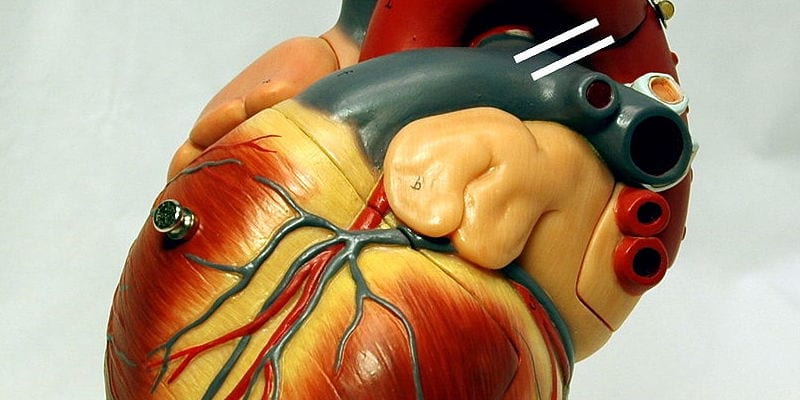Migraine is a complex, chronic, and debilitating multifactorial disorder characterized by recurrent episodes of headache and related symptoms. It typically begins in early ages and is more prevalent in women than in men. Recently, the gut-brain axis has emerged as a new candidate that may be linked to neurological diseases. We hypothesize that selective modulation of the intestinal microbiota, oxidative stress, and inflammation through inulin supplementation may improve clinical outcomes in these patients. Therefore, this study aims to examine the effects of high-performance inulin supplementation on clinical symptoms, mental health, quality of life (QOL), intestinal permeability, and inflammatory and oxidative stress factors in women with migraine.
This is a randomized, double-blind, placebo-controlled clinical trial involving 80 women with migraine who meet the inclusion criteria (aged between 20 and 50 years with a diagnosis of migraine by a neurologist based on the ICDH-3). Participants will be assigned to receive a daily dose of 10 g of inulin for 12 weeks (intervention group, n = 40) or 10 g of maltodextrin as a placebo for the same duration (control group, n = 40). The primary outcome will measure the variations in the frequency of headache experienced by the patients. Secondary outcomes will encompass serum levels of zonulin, high-sensitive C-reactive protein, total antioxidant capacity, total oxidant status, nitric oxide, mental status, QOL, duration, and severity of migraine attacks.
This clinical trial aims to evaluate the effect of inulin supplementation on inflammatory status, oxidative stress, intestinal permeability, clinical symptoms, mental health, and QOL in women with migraine. The findings of this trial could contribute to the identification of mechanistic action and evidence-based clinical guidelines that address gut microbiota manipulation to maximize health benefits in the management of clinical outcomes in migraine patients.
Iranian Registry of Clinical Trials ( www.irct.ir ) (ID: IRCT20121216011763N58). Registration date: 23 April 2023.
The protocol is version 3.0, September 17, 2023. Recruitment began August 21, 2023, and is anticipated to be completed by March 22, 2024.
© 2023. The Author(s).







